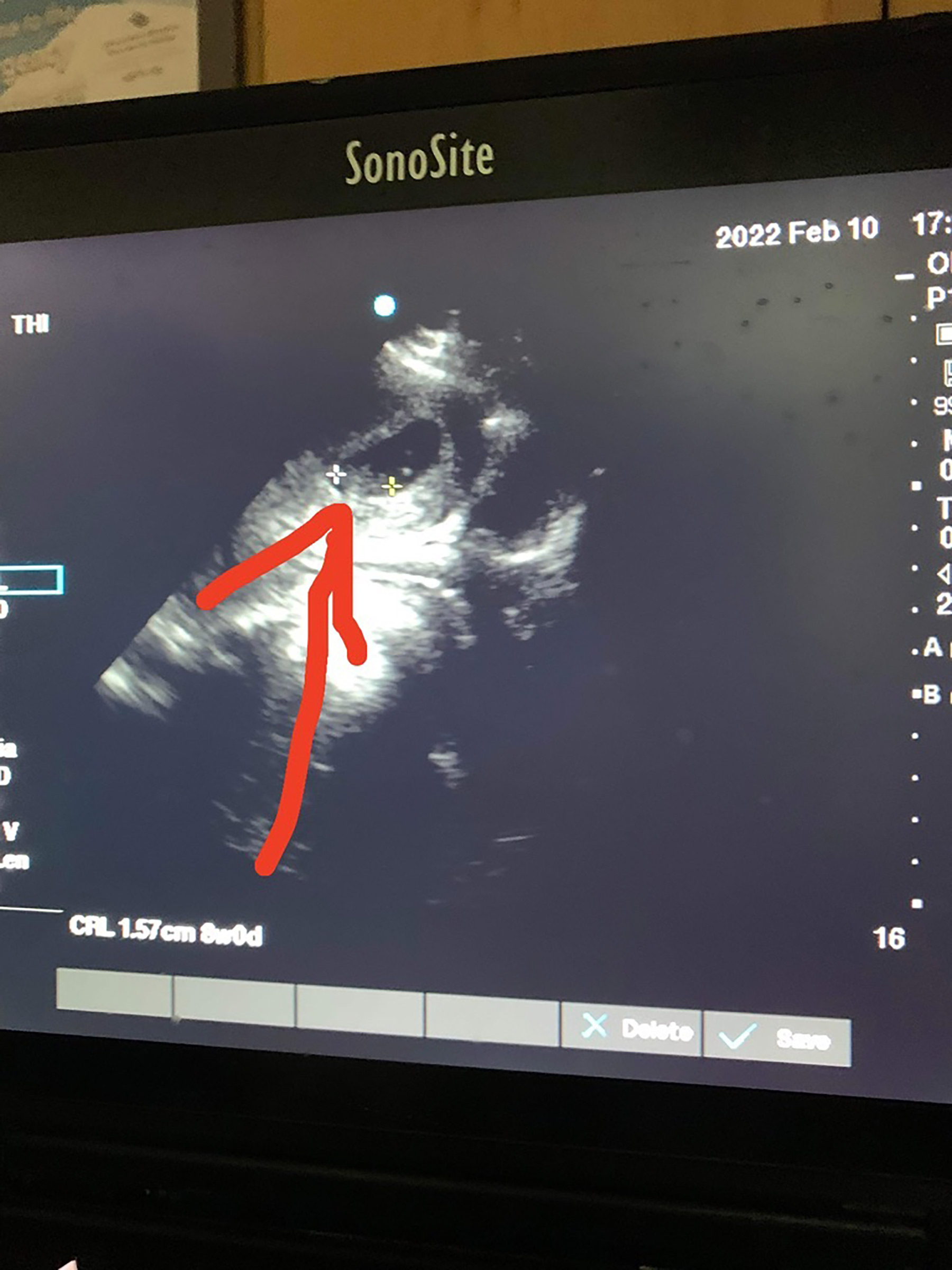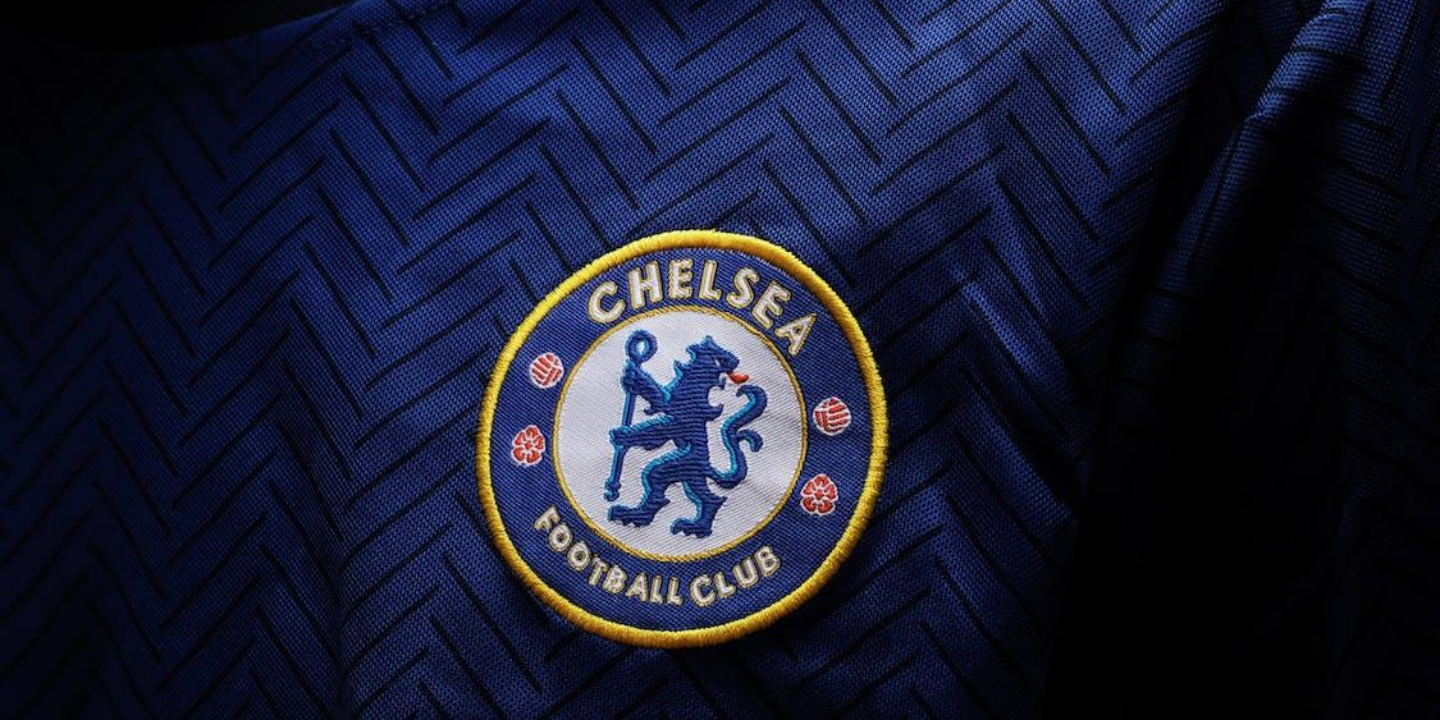The phone call from my daughter in North Carolina came at six o’clock in the morning, unusually early for her. “I’m pregnant,” Maggie announced, her voice bubbling with delight.
From 1,600 miles away I put down my mug of smoky dark-roast coffee and gave a shout. Her news was the last thing I would have expected as I sat in my rented house in Albuquerque, watching roadrunners skitter over the xeriscaping in the front yard, stabbing at the dried mealworms I’d just put out for them.
Maggie and her husband, Jimmy, together for 11 years and married for eight, had been on the fence about having children. Four years into their marriage, they decided to try for a baby. But after years passed, they both assumed and then accepted it wasn’t going to happen.
Read More: What My Family Taught Me About Loneliness
I’d looked on with a mixture of curiosity and a small bit of envy as friends welcomed one grandchild after another. My oldest son, Liam, in his early 40s, was at the time unattached. I’d resigned myself to the possibility of never knowing that particular brand of joy, although I also couldn’t imagine what it would be like to actually be someone’s grandmother.
And yet, here I was, trying to wrap my head around the idea. I walked through the house, my brindle Boxer dogging my footsteps as I did a quick inventory of room after room. In the next couple of days, I began packing up my belongings and arranging for housing with dear friends back home.
During one of our phone calls, my daughter had asked, “What do you want your grandmother name to be?”
“I have absolutely no idea,” I confessed.
Meanwhile, I worked to tamp down a rising anxiety. My second child, Cooper, had been born 40 years ago with a heart defect. When he was 4 days old, he had closed-heart surgery to repair a coarctation of the aorta. What we didn’t know — what no one could have known then, with limited ability to see inside an infant’s heart — was there were other, more deadly defects hidden within, two holes in the wall separating the atria. When he was 6 weeks old, he died quietly at home in my arms as I held and rocked him, unaware he was slipping away from me.
Read More: I Got Divorced. But My Family Is Still Whole
When Cooper died, Liam was 2 1/2. To say I became an overly anxious mother would be an understatement. I monitored every bump and bruise, each sniffle and fever. Nightmares of childhood cancer and other life-threatening illnesses pushed their way into everyday activities. After all, I now knew that the worst was possible.
Then I became pregnant again. After Maggie was born, I slept with her on my stomach most nights, and when she finally transitioned to a crib, I’d go into her room in the morning, half-expecting to find she’d died.
The grip on my heart gradually released, though, as my healthy children grew into their wonderful selves with nothing more than the usual list of childhood maladies and injuries. And now here was my baby having a baby. My emotions roiled with wonder and excitement, but all of it was overshadowed by a deep, resonating dread.
My daughter sent me the first ultrasound photos of “Little Bean,” a nickname they’d given in the earliest days when a pregnancy app indicated the developing clump of cells was the size of a vanilla bean.
I peered at the mottled, blurry image of my grandchild at 8 weeks gestation. “What am I seeing?” I asked.
“Here,” she texted and sent a second photo, this one with a red arrow pointing to a small darkish blob with a hazy dot in it like a dandelion tuft. “The brighter spot is the heart,” she wrote.
 Courtesy Rebecca Gummere
Courtesy Rebecca GummereI peered at the picture, trying to imagine the fuzzy image as a beating heart. Something in me broke open, then just as quickly slammed shut.
Some years before, during my tenure at the domestic-violence and rape crisis agency, a co-worker had asked if I’d mind holding her newborn while she attended a short meeting. I happily took her baby boy in my arms, cooing and grinning at him, and brought him into my office. Sinking into the chair, the first thing I did was check to make sure he was breathing, as easily as one might check to make sure his socks were still on. Hot tears of sorrow and anger spilled down my cheeks at my automatic reaction to holding an infant.
This is how trauma lives in the body, tentacled through our sense memory. So much of the terrible night my son died remains a blur. What I have recalled all too well is the cold stillness, the weight of his tiny form, and the shock of him being so utterly gone.
Little Bean turned out to be a girl and with the given name June. All ultrasounds and other tests revealed her to be developing as she should. But I couldn’t shake the sense of dread.
“So much could go wrong,” I worried aloud to a friend.
“And so much could go right,” was her loving response.
Read More: We Didn't Have Much Money. My Daughter Still Deserved Joy
Maggie was induced early one morning, and labor progressed slowly over the course of the day. At 9:37 that night I witnessed the moment my daughter pushed her baby girl into the world, a 7 ½-lb. miracle with downy dark hair and an adorable button nose. My son-in-law said I should do the honors — the obstetrician handed me the scissors, and I cut the cord, severing June from the warm, liquid world of her mother’s womb, and officially welcoming her Earthside.
But after her first breath, the newborn cry, that plaintive, sharp wail all parents wait for, didn’t come. The nurses took June from my daughter’s arms and continued to rub and stimulate her as she blinked in the glare of the bright room, but her blood oxygen levels remained concerningly low.
“We’re going to take her to the nursery,” one of the nurses said. My son-in-law followed. My daughter, unable to leave the bed because of the epidural, looked at me from across the room.
A chest X-ray confirmed a suspected pneumothorax, a condition in which air leaks into the space between the lung and the chest. Because we live in a small town with a small hospital, June would need to be transported to an NICU an hour and a half away. Watching my daughter and son-in-law say a tearful goodbye to their newborn was one of the most wrenching scenes I’ve ever witnessed. The next morning my daughter was discharged, and I drove her to see her baby girl at the hospital where my son-in-law already was.
The neonatal specialist assured them that the small hole in her lung would likely heal on its own, and three days later they brought June home. “Just forget this happened,” the doctor said. All signs pointed to complete health.
But I was in a tailspin that I couldn’t seem to pull out of.
Those first weeks I’d come to their house on Friday, taking charge of June at midnight after my daughter nursed her, and giving her the 2 a.m. and 5 a.m. bottles, watching her mouth as she suckled, stroking her soft skin. Did I feel like her grandmother? I wasn’t sure what I was supposed to feel. Friends had described a dizzying happiness at being “in the best club ever.”
What I felt too much of was terror, deathly afraid of the small bundle I held, continually monitoring her rosebud lips for signs of a bluish tint, watching to make sure her chest was rising and falling, panicking when it seemed too long between breaths. The urge to tumble helplessly in love with my granddaughter was in full battle with the freshly resurfaced memories of the night my son died. I kept my fears to myself, not wanting to foist my unease on my already traumatized daughter and son-in-law, who were struggling to return to the normalcy of welcoming this new baby into their lives after her scary start.
One afternoon, talking on the phone with a friend while driving in town, I heard myself say, “The doctors assured them the hole in her heart would heal.” There was a stunned silence as I realized what I’d said. “I mean her lung,” I said and hung up, pulling into a grocery-store parking lot where I sat with my face in my hands, weeping. In that moment, I knew I had a choice — release the dark grief or risk missing one of the most light-filled times of my life.
“That was that baby,” I told myself. “This baby doesn’t have any holes in her heart. This baby is fine.” I offered myself a mantra to try. “That was then, this is now.” Whenever the old trepidation would rise, I’d repeat the words, reminding myself of the distance in years and reality between the death of my son and the life of this sweet, healthy baby girl. Gradually, my heart unwound.
One afternoon, while my daughter napped in the next room, I snuggled little June close and rocked her. I leaned down to listen to the sound of her quiet breathing, this time not from fear but wonder. She looked up at me with deep blue eyes rimmed with dark lashes and stared as if memorizing my face. Unable to look away, I let her hold me in the power of her wide-open gaze.
“The brighter spot is the heart,” my daughter had written to me all those months ago, and now baby June and I sat basking in the light of a love big enough to hold it all — yesterday’s grief, today’s joy, and all the beautiful and uncertain tomorrows.
Outside, a soft breeze blew, and a shard of sunlight shot through the trees. I kissed my granddaughter’s forehead and began to sing.

.png) 1 week ago
1 week ago
















 English (US) ·
English (US) ·